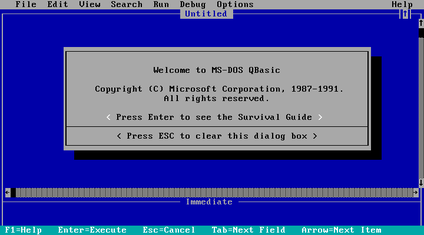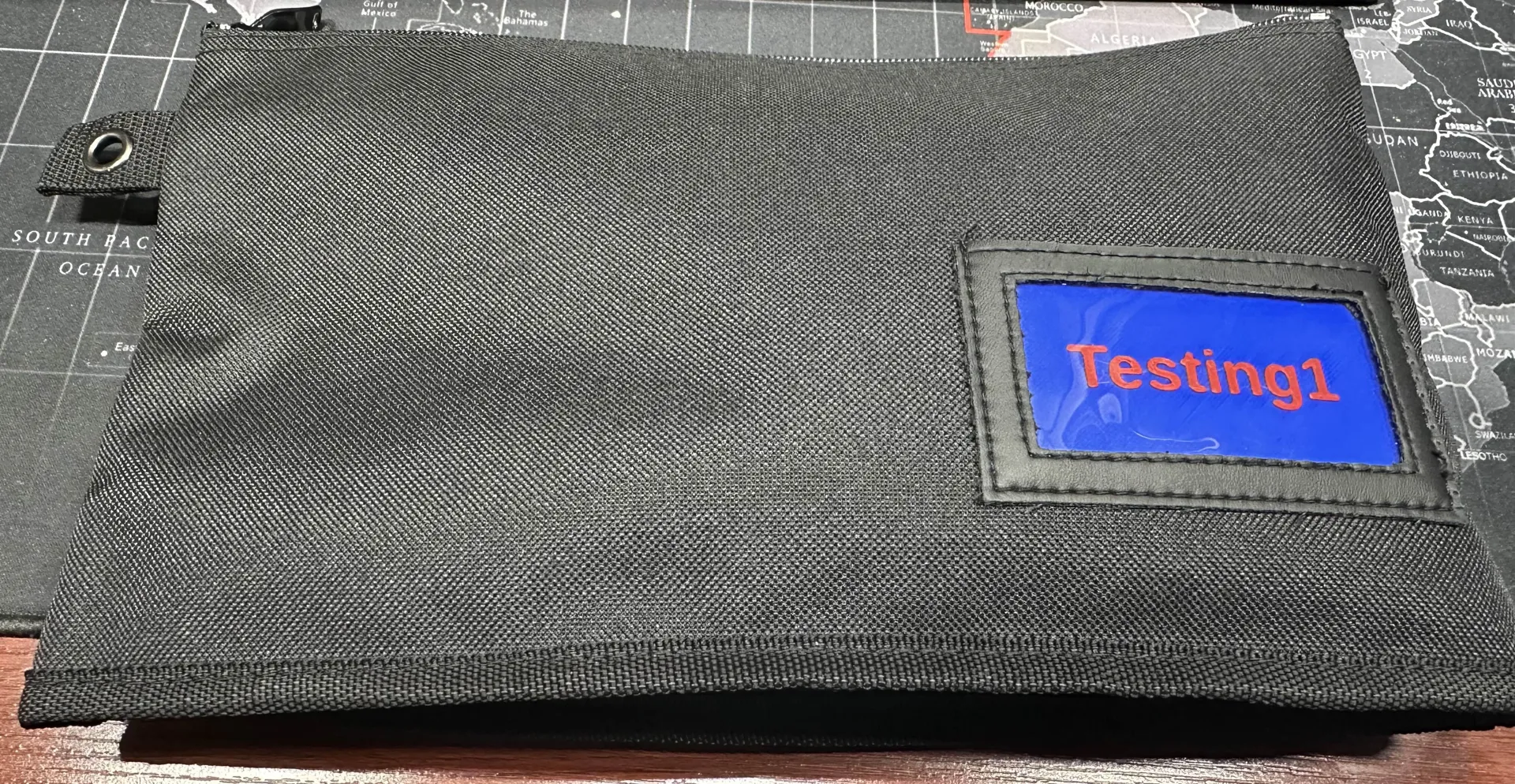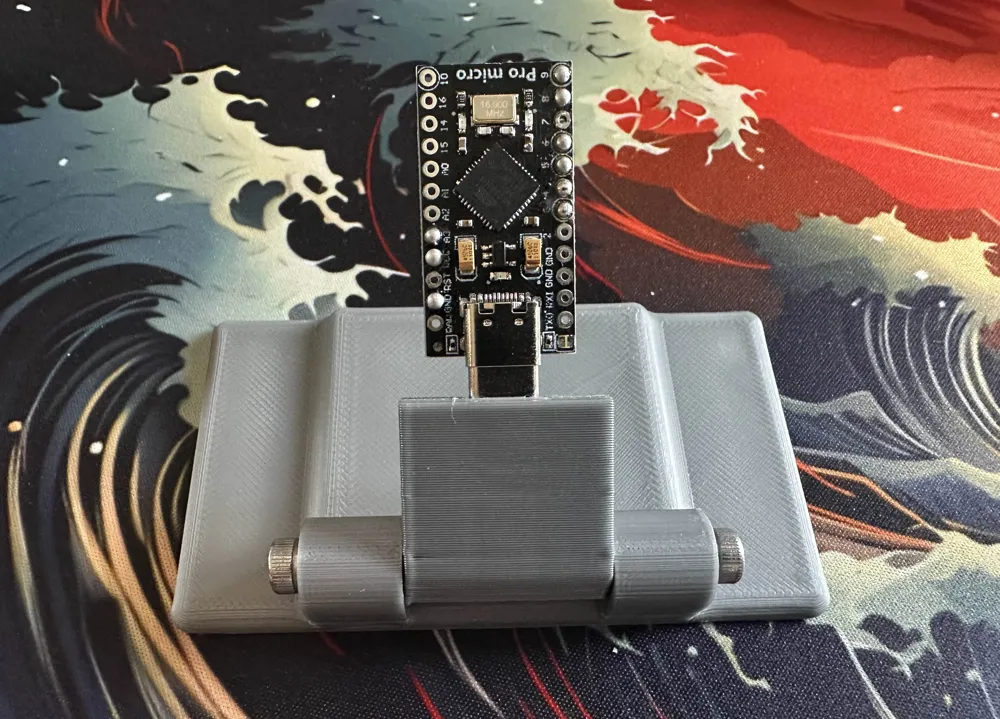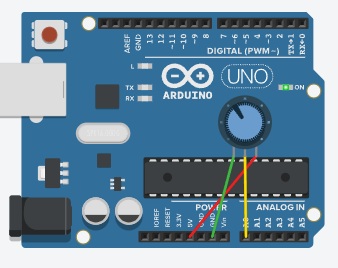Thursday, July 10th 2025

Looking for a easy way to store your salt and pepper grinders with less mess? This salt and pepper grinder tray with magnetic grate may be what you need! The grate attaches with magnets and allows for easy cleaning. Prints on two plates. First plate for the grate insert and the second for the base. When printing the base, the profile pauses to allow time to insert the base magnets. Requires 4 x 8mm by 2.5mm magnets. Looking to print your own? Check out my creation on Maker World!
Categories: 3D Modeling
Tags: 3d-printing
Sunday, July 6th 2025

When I was a kid, I spent many hours trying to program stuff in QBasic. I was able to do a few basic things with graphics, drawing shapes, etc. Often I look back at these fond memories. But I can't help but think: "If I could teach my kid self one thing about programming what would would it be?" After much thought, I landed on a few things. But I think I would have made use of data files the most. I wanted to build programs to help my brother run his automotive shop or manage our Boy Scout's advancement records. So I thought, why not explore this concept more and see what was possible. So young Matt, here's the one lesson I pass on to you.
There are several ways to write data to files in QBasic. But I think the most useful mode for database like functions is the "RANDOM". With this mode you can retrieve records by "record number".
TYPE Address
id AS INTEGER
status AS STRING * 1 'A = ACTIVE, D = DELETED
contact_name AS STRING * 30
address1 AS STRING * 30
address2 AS STRING * 30
city AS STRING * 30
state AS STRING * 2
zip AS STRING * 5
END TYPE
DECLARE SUB PrintAddress (record AS Address)
DECLARE SUB InputAddress (record AS Address)
CLS
dim path as string
path = "projects\address-book\ADDRESS.DAT"
DIM record AS Address
DIM prompt AS STRING * 1
prompt = "Y"
DO WHILE UCASE$(prompt) = "Y"
PRINT "Adding New Record"
CALL InputAddress(record)
OPEN path FOR RANDOM AS #1 LEN = LEN(record)
DIM count AS INTEGER
count = LOF(1) / LEN(record)
record.status = "A"
record.ID = (count+1)
PUT #1, (count+1), record
PRINT "Record Added."
CLOSE #1
INPUT "Add Another Record? (Y/N)"; prompt
LOOP
END
SUB PrintAddress (record AS Address)
PRINT "ID: " + LTRIM$(STR$(record.id))
PRINT "Contact: " + record.contact_name
PRINT "Address1: " + record.address1
PRINT "Address2: " + record.address2
PRINT "State: " + record.state
PRINT "City: " + record.city
PRINT "ZIP: " + record.zip
PRINT STRING$(25, "-") + " "
END SUB
SUB InputAddress (record AS Address)
INPUT "Contact: ", record.contact_name
INPUT "Address1: ", record.address1
INPUT "Address2: ", record.address2
INPUT "City: ", record.city
INPUT "State: ", record.state
INPUT "ZIP: ", record.zip
PRINT STRING$(25, "-") + " "
END SUB
Categories: Programming
Tags: qbasic
Saturday, June 28th 2025

I have a lot of small cables, sorting and organizing them has been a nightmare. I stumbled across a solution, a 12in Yukon Zipper Bag at Harbor Freight. The bag was perfect for my needs. It includes a grommeted hang tag and vinyl label window. I designed a model for to make labels for the bags. I now have all my cables now organized in bags, hanging up in our office space. I decided to take my work a step further and share with the community a parametric generator these tags. For those who may not be aware of parametric generators. They're 3D models that allow you to customize them without needing to know how to use a CAD program. You can find my creation over at Maker World.
Categories: 3D Modeling
Tags: 3d-printing
Sunday, June 22nd 2025

Have you ever struggled with holding development boards while trying to soldering wires to them? I created a simple fixture that helps solve this problem. Plug in your USB C development board into the fixture you're working on and let the tool do the holding. The side ears allow for clamping the fixture to a work table or surface. Note this model does require additional hardware (see bill of materials) and assembly. Once assembled, the connector will need to be glued in with CA glue. You can find my creation over at: Maker World. Enjoy!
Bill of Materials
- USB C Male Connector x 1
- M4 x 20 Screw x 2
Categories: 3D Modeling
Tags: 3d-printing, electronics
Sunday, June 15th 2025

Having trouble getting stable analog readings from a noisy component? There's several ways to resolve this. Either through additional hardware (capacitor) or through software. Recently, I had such case. Thought I would share a quick-tip on how to solved this through software. The solution is pretty easy. Just take multiple readings and average them before returning the result. Take a look at the sample code below. I hope this helps resolve your noise!
// average 4 readings for stable reading
value = (analogRead(curPin) + analogRead(curPin) + analogRead(curPin) + analogRead(curPin)) / 4;
Categories: Arduino, Quick Tips
Tags: electronics, programming




